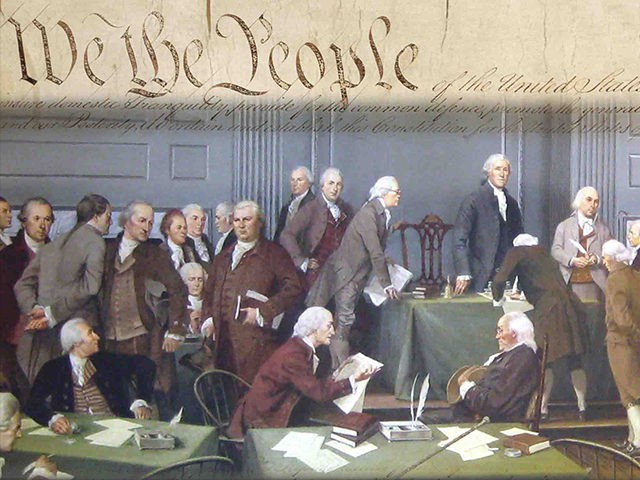History records that at the close of the Constitutional Convention in September 1787 in Philadelphia, a woman asked Benjamin Franklin, “Well, Doctor, what have we got? A republic or a monarchy?”
“A republic, Madam — if you can keep it,” Franklin replied. Given the inherent fragility of a fledgling nation, the conditional “if” is understandable.
But fledgling fragility is not the only thing that makes a republic vulnerable. Widespread ignorance and the inability to self-govern can undermine a republic and the liberty that our republic was established to preserve.
In a July 4, 1853, speech that Edmund Fairfield delivered at Hillsdale College in Michigan, he made plain why a sound liberal education is an essential part of the effort to preserve liberty—and, by extension, to “keep” our republic.
The history of liberty, Fairfield said, is the history of intelligence. Ignorance is prerequisite to slavery, he explained: The more ignorance, the more slavery.
The purpose of the college, then, of which he was president at the time, would be the cultivation of both mind and character. The student would be taught to see the whole human being. In addition, the student would develop what statesman and orator Daniel Webster described as “the sense of my individual responsibility to God.”
A man who knows these essential things, said Fairfield, is “forever above that level where the tyrant may find a facile subject.”
Fairfield, who would go on to become Michigan’s lieutenant governor, also explained that the kind of education that formed such citizens must be widespread. In any nation, the “heir of sovereignty must be qualified to meet the responsibilities of kingly office,” he said. “In a Republic, the people are the kings.” They may lack the insignia of aristocratic nobility “in the shape of ribbons, red and green and blue,” but they have instead the insignia of “nature’s nobility,” that is, hands “hardened by toil,” and faces “radiant with intelligence and manly virtue.”
In 1854, a year after Fairfield delivered his speech, a meeting of the nascent Republican Party was held in Jackson, Mich., just 35 miles up the road from Hillsdale.
Fairfield and Hillsdale faculty member Austin Blair (who would later become governor of Michigan) were among the chief organizers of the convention. In its proceedings are to be found the central ideas that would bring the Republican Party to power; namely, that slavery was wrong, that the Constitution was committed to human liberty, and that such liberty required restraint of governmental powers.
Republican delegates at next week’s convention in neighboring Ohio should be guided by Franklin’s and Fairfield’s admonitions. If we are to keep our republic and restore our liberty, we must begin with the restraint that sound learning and self-governance provide.
David Whalen is provost and a professor of English at Hillsdale College.

COMMENTS
Please let us know if you're having issues with commenting.